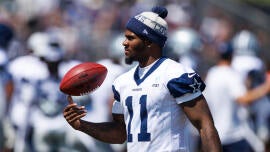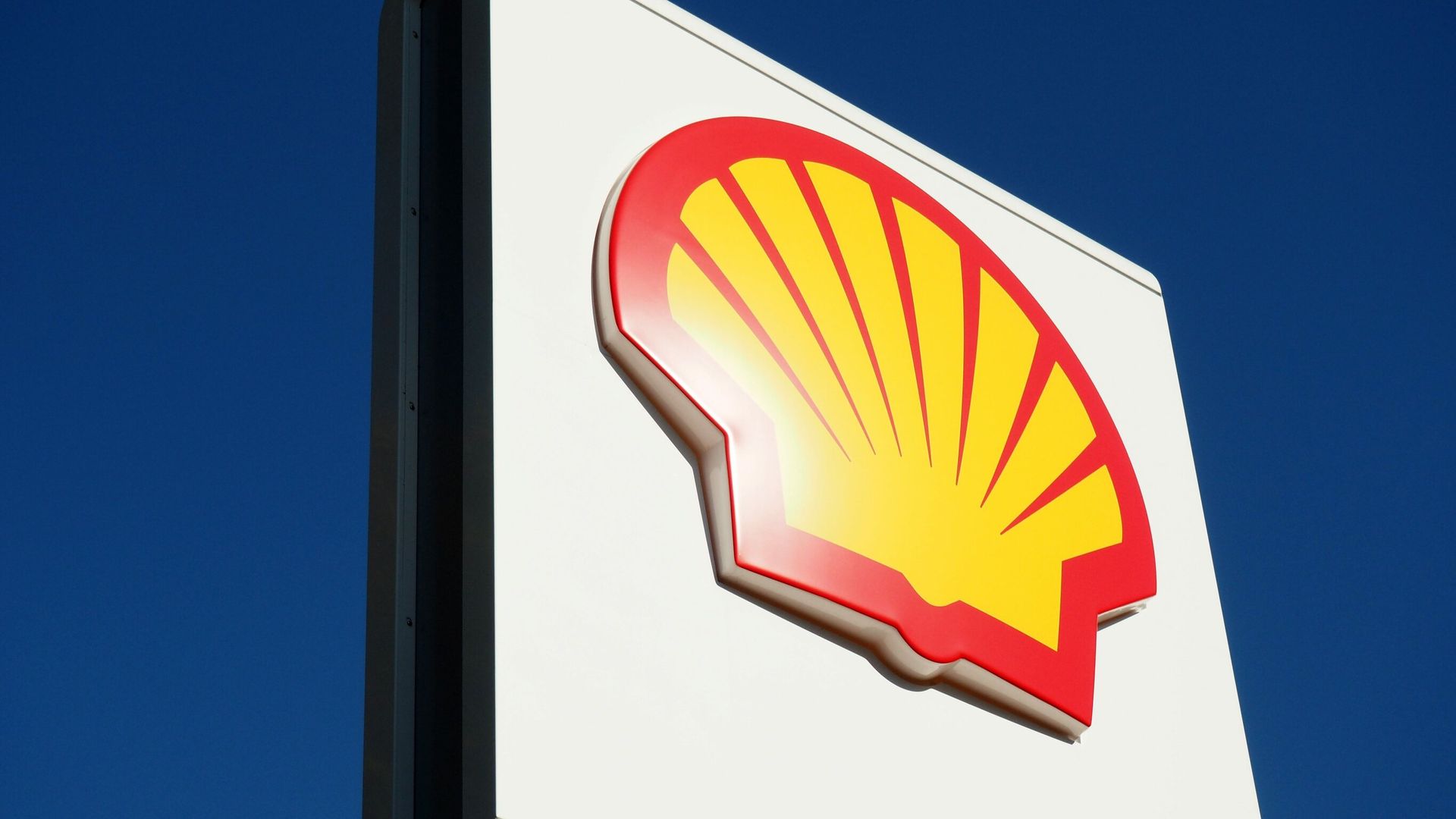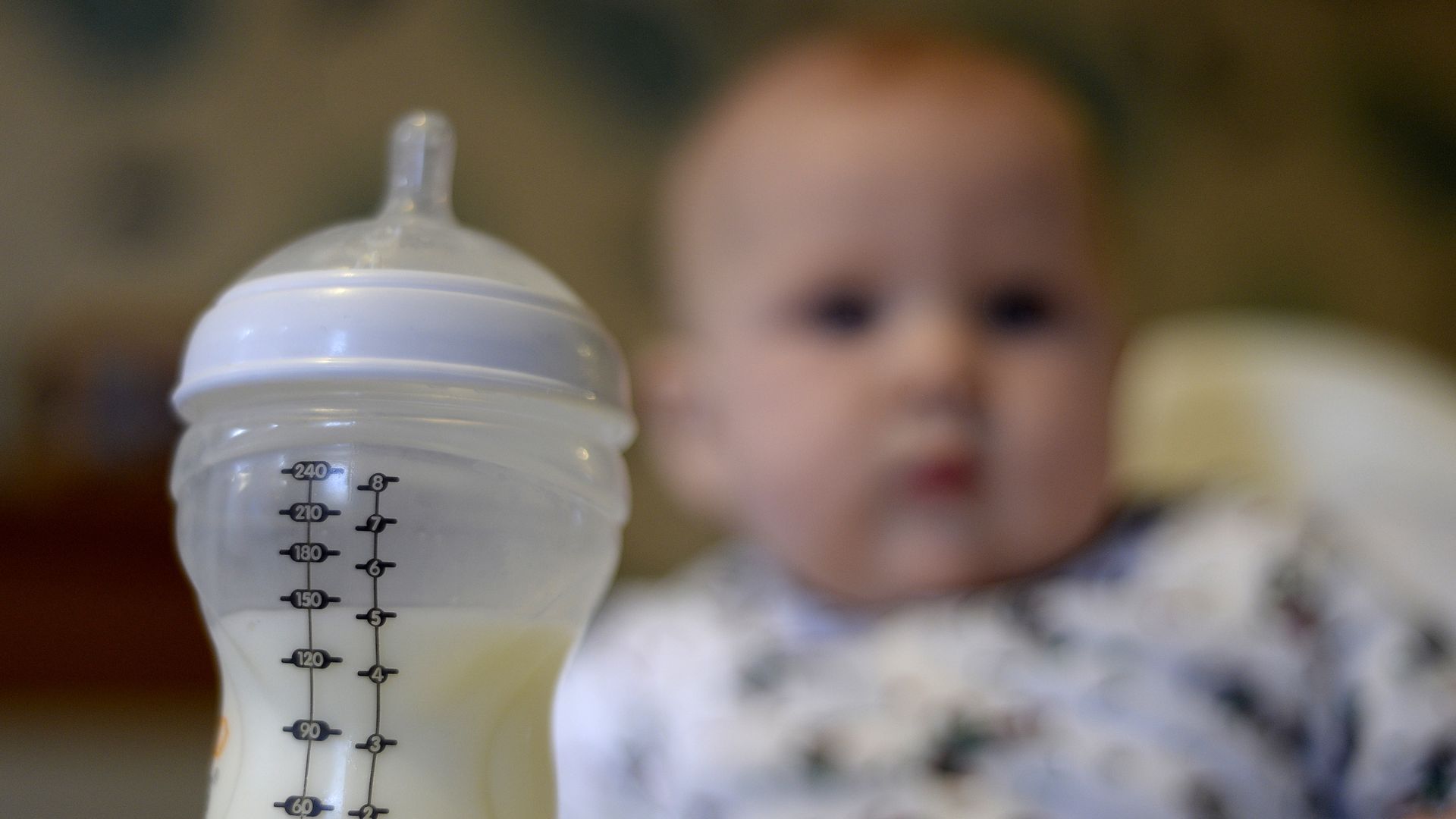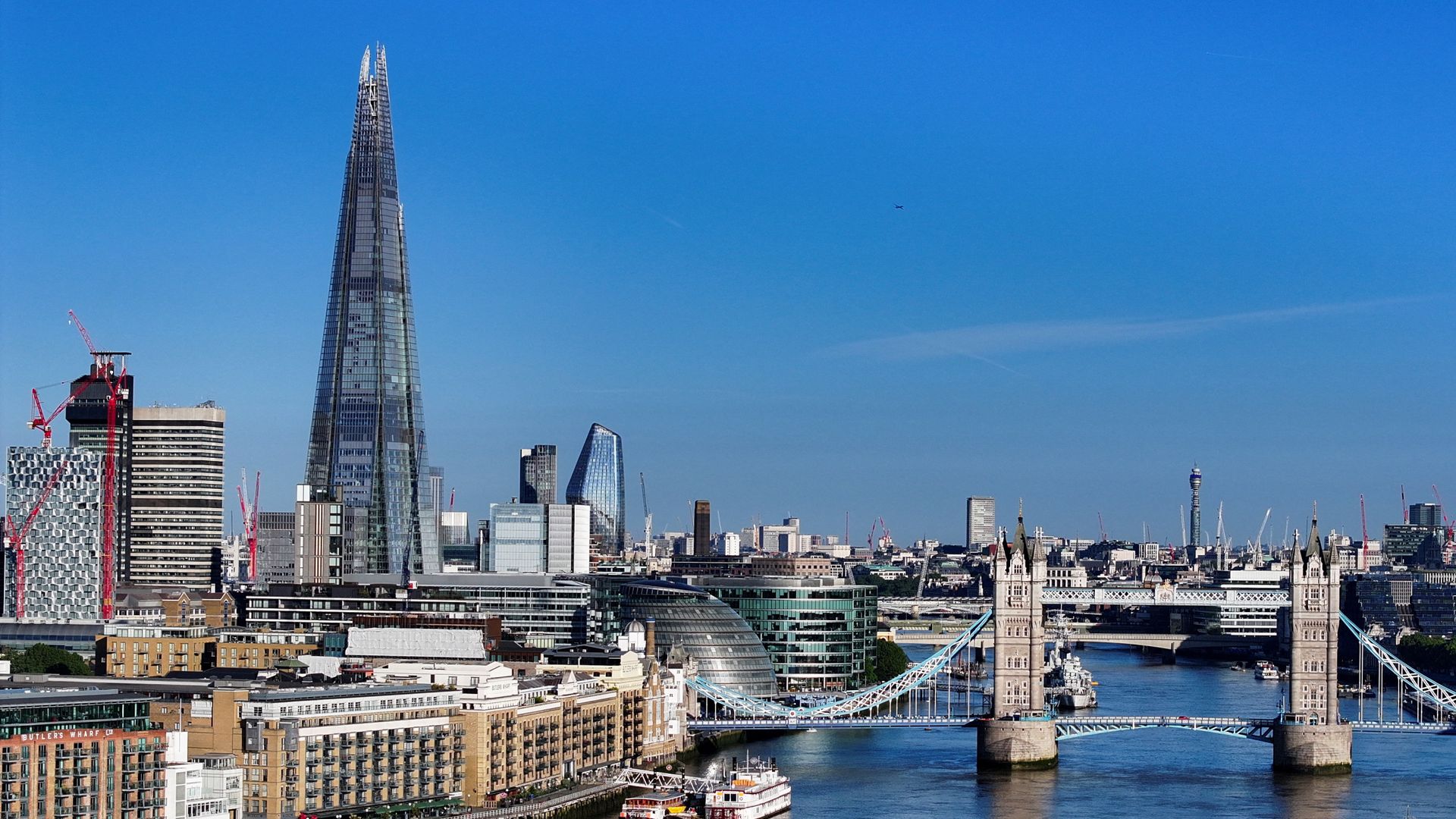
Jalen Ramsey ushered in a new tactic for disgruntled players to use against a team. The three-time All-Pro cornerback was the first to have a hold-in. It took place during the 2019 season with Ramsey missing three Jacksonville Jaguars games primarily because of a "back ailment." Ramsey got his desired result -- a change in scenery -- of his hold-in when he was dealt to the Los Angeles Rams a couple of weeks before the 2019 trade deadline.
The hold-in has become a viable option for players trying to get contract unhappiness addressed. The harsh economic consequences of holding out under the 2020 NFL collective bargaining agreement are why safety Jamal Adams and edge rusher T.J Watt held in with the Seattle Seahawks and Pittsburgh Steelers, respectively, during training camp in 2021.
A player will report to training camp and attend team meetings but won't practice or have limited participation in an effort to get a new contract as a hold-in. Fines for missing training camp are avoided with attendance.
The tactic worked for Adams and Watt. Adams reset the safety market during the middle of training camp. Watt's hold-in lasted longer. He didn't become the NFL's highest-paid non-quarterback until a few days before Pittsburgh's regular-season opener.
Buffalo Bills running back James Cook and Los Angeles Chargers offensive tackle Rashawn Slater's hold-ins during training camp have led to long-term deals this preseason. Slater's hold-in, in particular, was validated because he suffered a season-ending torn patellar tendon in his left knee several days after topping the pay scale for offensive linemen.
Teams are required to fine players who don't show up for training camp that aren't on rookie contracts. Cincinnati Bengals edge rusher Trey Hendrickson and Washington Commanders wide receiver Terry McLaurin had brief training camp holdouts where a mandatory $50,000 fine was incurred for each day of training camp missed. The daily amount is $40,000 for players on rookie contracts and can be reduced or waived.
Micah Parsons tiered landing spots: Potential trade candidates for disgruntled Cowboys edge rusher
Jared Dubin

According to the CBA, training camp runs from a team's mandatory reporting date through the Sunday before the first regular-season game (Aug. 31 this year) for daily fining purposes. Edge rusher Haason Reddick racked up $2.05 million in training camp fines during his ill-conceived holdout last year that ended seven weeks into the regular season. Since Reddick signed his contract as an unrestricted free agent, there was an additional penalty of one week's base salary (1/18th of such pay) for each of the three New York Jets preseason games he missed totaling $2.375 million.
Hendrickson became a hold-in, like Dallas Cowboys edge rusher Micah Parsons, when he reported to Bengals training camp. The 2024 NFL Defensive Player of the Year runner-up has been adamant that he won't play for the Bengals in 2025 under his current contract in which he is scheduled to make $16 million this season.
Parsons hasn't practiced since reporting on time to Cowboys training camp. The 2021 NFL Defensive Rookie of the Year is taking a page from Ramsey's playbook. A "back issue" has kept Parsons from practicing. Parsons and Ramsey have the same agent. Both are represented by Athletes First's David Mulugheta.
McLaurin didn't pass his preseason physical when he ended his holdout because of an ankle injury and was put on the physically unable to perform list. He was prohibited from practicing while on PUP. McLaurin was activated from PUP at the end of last week. Surprisingly, McLaurin didn't show up for Washington's home preseason game on Monday night.
Frustration with their contract situations led to McLaurin and Parsons requesting trades shortly after training camp opened. Hendrickson asked for a trade several months ago during the early part of the offseason.
A hold-in only has a chance to be successful with a team's cooperation. A team has plenty of tools at its disposal when unwilling to be a participant.
The first step would be a team sending the hold-in a letter that he is expected to fulfill all of his contractual obligations. Paragraph 2 (Employment And Services) in the NFL Player Contract could be cited. The most relevant portions of Paragraph 2 state:
"He (Player) agrees to give best efforts and loyalty to the Club. … Player will report promptly for and participate fully in Club's official mandatory minicamp(s), official preseason training camp, all Club meetings and practice sessions, and all preseason, regular season and postseason football games scheduled for or by Club."
The conduct the player engaged in that would be subject to discipline under Article 42 of the CBA, which covers club discipline, would be outlined in the letter. A specific schedule of participation expectations for the player where failure to comply would result in the team beginning to exercise its rights under the NFL Player Contract and the CBA, with the discipline a team could impose for various violations, would also be in writing.
A team could take the position that every infraction dating to the start of the hold-in would be penalized with noncompliance. A player who is holding in probably has been attending team meetings and doing strength and conditioning sessions. Failure to fully participate in practices is the conduct most likely to warrant fines.
The maximum discipline for missing a practice is $16,489 in 2025. If a player commits multiple offenses on the same day, fines are capped at $34,919 in the preseason and $47,142 during the regular season instead of being penalized for each infraction separately.
A player would run the risk of being cited for a conduct detrimental to the team infraction by continuing the hold-in after receiving the written warning. The maximum penalty for conduct detrimental is a fine of one week's salary and a suspension without pay for four weeks. Using Parsons as an example, he would be out $6,668,611 or five weeks worth of his $24.007 million base salary with the most severe discipline for conduct detrimental.
The better the player, the less likely a team will exercise their rights. Whether there is an ongoing attempt to negotiate a new contract with the player will also help determine how a team will proceed.
Based on All-Pro wide receiver Ja'Marr Chase's hold-in last year, the Bengals will likely only start asserting their rights as a last resort with Hendrickson. The Bengals downplayed Chase's hold-in. Coach Zac Taylor claimed there was a good plan in place for Chase when asked about his lack of participation despite passing the preseason physical. Cincinnati didn't attempt to impose any financial penalties on Chase. Contract talks didn't break off until shortly before the start of the regular season.
At some point if the hold-in doesn't appear to be working where a new deal seems increasingly unlikely, a player has to decide how long he needs to prepare to be ready to play the regular season. Chase practiced for the first time last year a couple of days before the roster cutdown, which is Aug. 26 this year. Knowing this, a team could try to wait out a hold-in.
The best bet for a prolonged hold-in if a team stops being complicit is Parsons' approach. Having a mysterious hard to dispute injury will make it more difficult for a team to take disciplinary action against the player. It remains to be seen how the current situations will unfold over the coming weeks.
Roquan Smith is the highest profile case of a hold-in going wrong. The Pro Bowl linebacker started Chicago Bears training camp on PUP in 2022. He held in once taken off PUP prior to Chicago's first preseason game. Negotiations for a new deal broke down around the same time with the Bears taking a heavy-handed approach to Smith's hold-in. Smith made accusations of the Bears not negotiating in good faith and requested a trade, which was declined.
After the second preseason game, Smith ended his hold-in and shifted his focus to the regular season. Smith eventually got his wish when he was traded to the Ravens at the trade deadline.
The trade has worked out better for Smith than the Bears. The Ravens gave Smith the contract the Bears wouldn't in January 2023 before the 2022 season's playoffs started. Smith became the NFL's first $20 million-per-year off-ball linebacker.
The Bears signed Tremaine Edmunds to a four-year, $72 million contract, averaging $18 million per year, in 2023 free agency to try to replace Smith. Edmunds hasn't lived up to his contract while Smith has been named a first-team All-Pro in each of the last three seasons since the trade.









-3.png)



